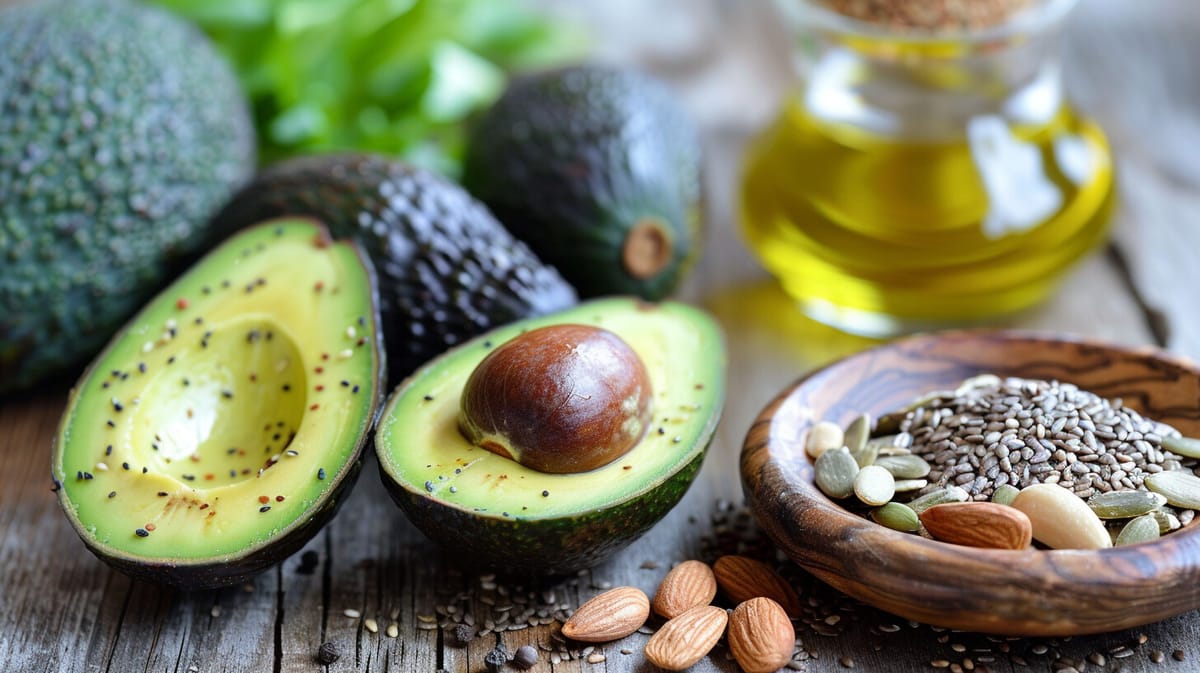Discover the Science: How Quality of Calories Influences Weight Loss More Than You Think

In the world of diet and nutrition, a common adage 'calories in, calories out' has been the cornerstone of weight loss strategies for decades. However, emerging research is challenging this simplistic view by underscoring the importance of the quality of calories consumed, rather than just the quantity. This article delves into the science behind how different types of calories affect our body, metabolism, and overall health, ultimately influencing weight loss and maintenance.
The Myth of Caloric Equality
Traditional dieting wisdom suggests that losing weight is a mere matter of balancing caloric intake with caloric expenditure. However, not all calories are created equal when it comes to the physiological responses they elicit. Calories sourced from highly processed foods can cause a different metabolic response compared to calories derived from whole, nutrient-dense foods.
Research led by Dr. Christopher Gardner at Stanford University showed that individuals following diets focusing on the quality of the food rather than calorie restriction—such as reducing processed foods, choosing whole foods, and lowering intake of added sugars and refined grains—tended to lose more weight. These findings suggest that what you eat significantly influences how many calories you eat by impacting hunger levels and satiety.
Hormones and Metabolism
Dr. David S. Ludwig, from the New Balance Foundation Obesity Prevention Center at Boston Children’s Hospital, points out that the type of calories we consume can affect critical hormonal pathways involved in metabolism. High-quality calories—like those from avocados, steel-cut oats, and leafy greens—can improve satiety, reduce hunger, and minimize insulin spikes, which helps in regulating body weight over time. Ludwig’s research found that individuals consuming lower carb, higher quality diets burned more calories daily than those eating high-carb, lower-quality diets.
Caloric Source and Weight Variability
A study published in the Journal of the American Medical Association (JAMA) explored the effects of low-carb versus low-fat diets on weight loss. It found little difference in average weight loss between the diet groups, but a significant variation in weight loss within each group. This variability suggested that genetic differences or other personal factors might make certain diets more effective for certain individuals.
Implementing Quality Calorie Choices
Adopting a focus on food quality involves more than choosing 'good' foods over 'bad' foods; it means understanding how different foods can comprehensively influence your health. Here’s how to start:
- Choose Whole over Processed: Opt for whole fruits and vegetables over juices or mashed versions. Pick whole grains instead of refined ones.
- Prefer Good Fats: Include sources of healthy fats in your diet, such as nuts, seeds, and olive oil, which are more satiating and beneficial for heart health.
- Limit Added Sugars and Refined Carbs: Reduce intake of sweets, sodas, and refined grain products to decrease calorie density and improve nutrient intake.
- Listen to Your Body: Pay attention to how foods affect your hunger, fullness, and energy levels. Sometimes, small adjustments in diet composition can lead to better satiety and easier weight management.
Conclusion: Quality Matters
While the number of calories you consume is still relevant, focusing solely on calorie count overlooks the complex effects of food on our metabolism, satiety, and hormonal health. By attending to the quality of the calories we eat, we can better equip our bodies to maintain a healthy weight and improve overall health. This more nuanced understanding of calorie quality can guide us towards more effective and sustainable dietary choices, supporting long-term health beyond weight loss.




